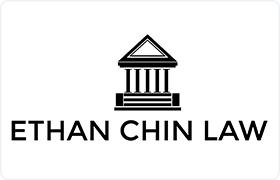Dana Point Workout Lawyer, California
Sponsored Law Firm
-
 x
x

Click For More Info:
-
Ethan Chin Law
2400 East Katella Ave. Suite 800 Anaheim, CA 92806» view mapBankruptcy & Debt Passion. Dedication. Care.
We strive our best to provide efficient legal services at low cost so that families can worry less and take their first steps finding a solution to their issues.
800-908-6270
William James Campbell
✓ VERIFIEDBankruptcy & Debt, Credit & Debt, Consumer Rights, Workout, Collection
William Campbell began his working career by serving in the United States Army as an infantryman in the 101st Airborne Division. After serving and ho... (more)
FREE CONSULTATION
CONTACT Ethan Chin Anaheim, CA
Ethan Chin Anaheim, CA Practice AreasExpertise
Practice AreasExpertise

